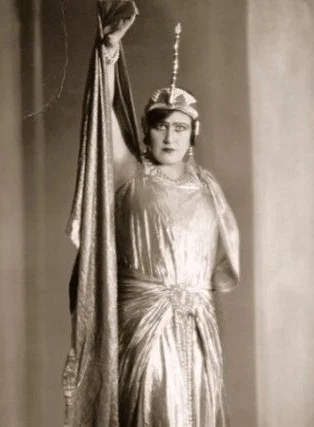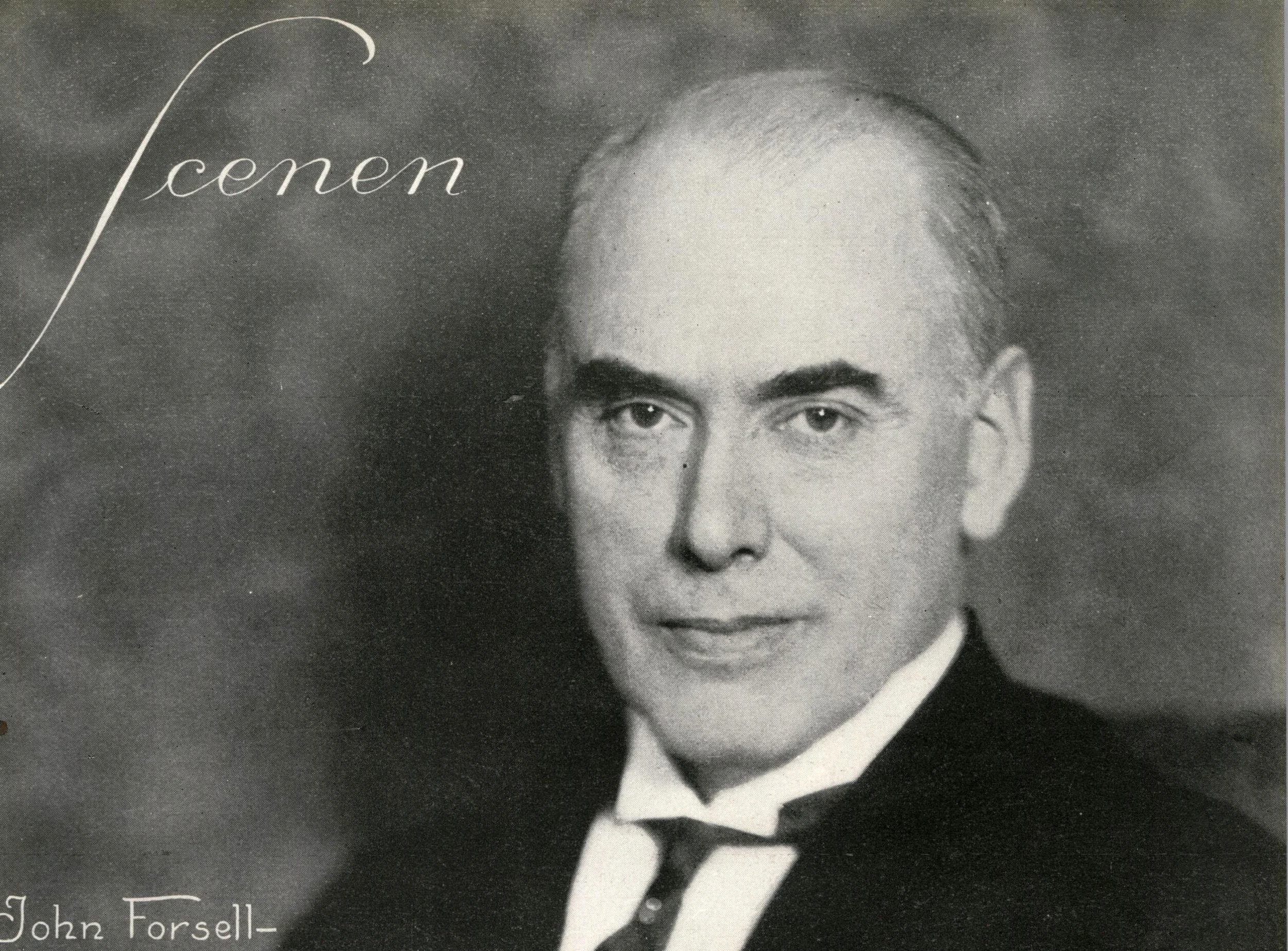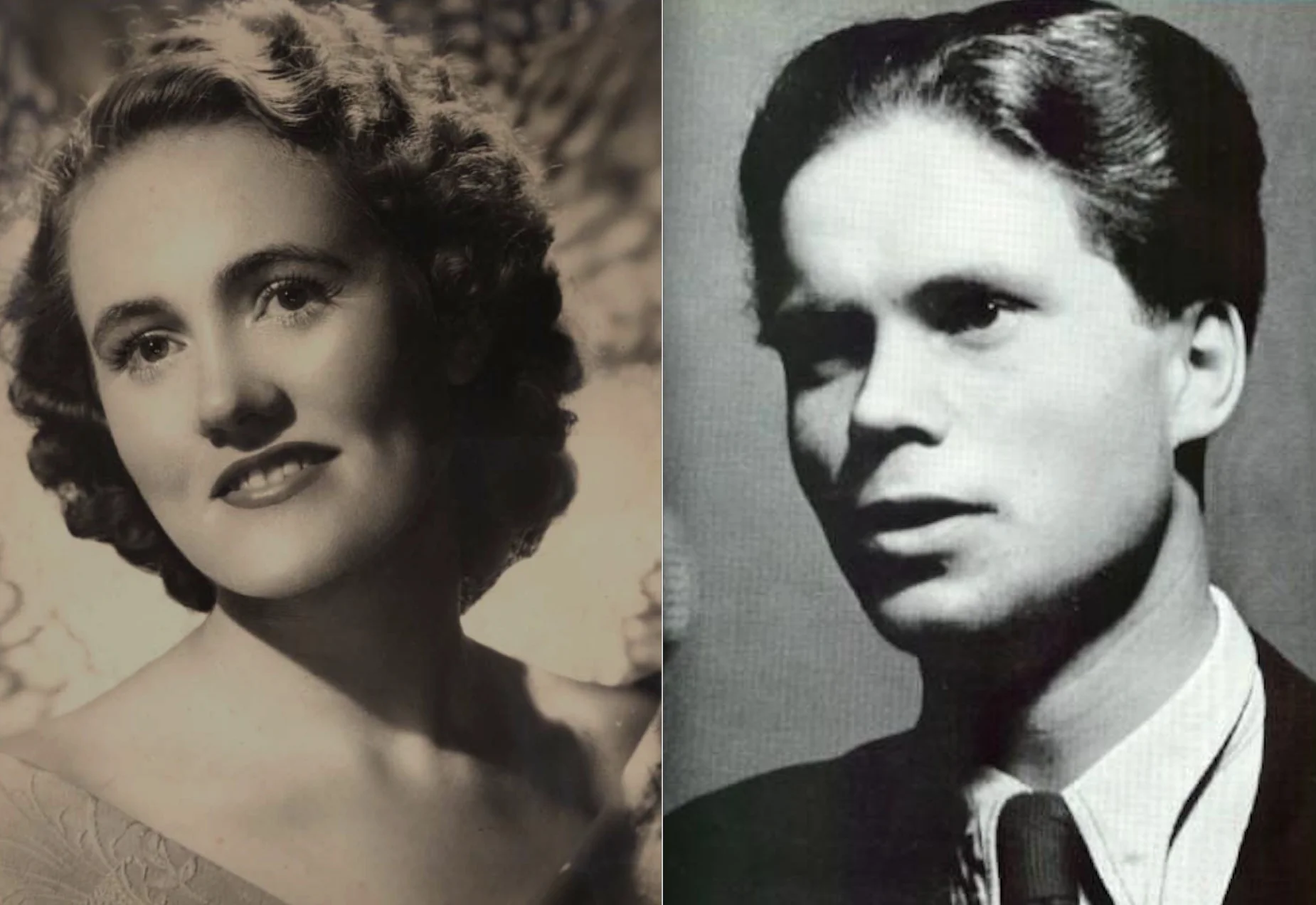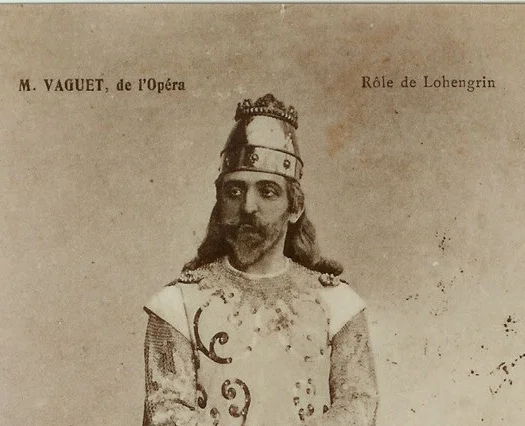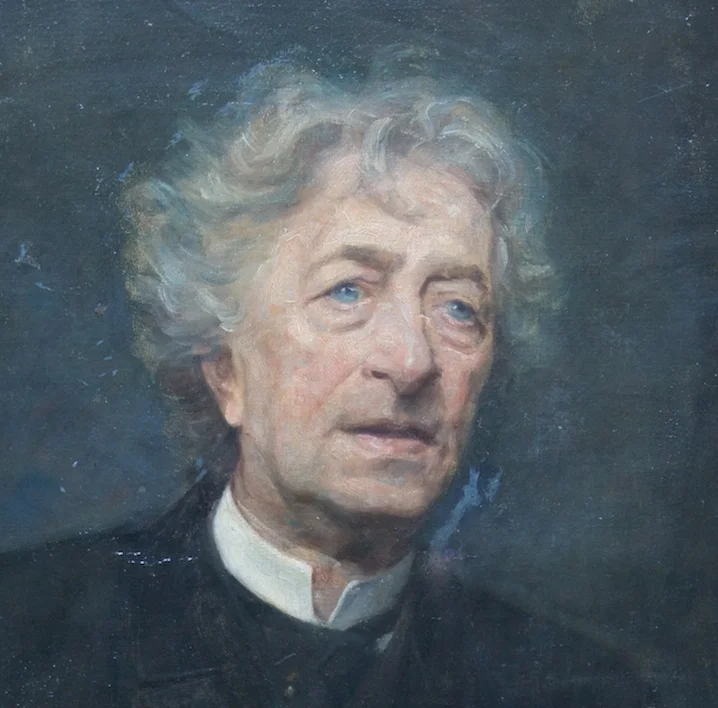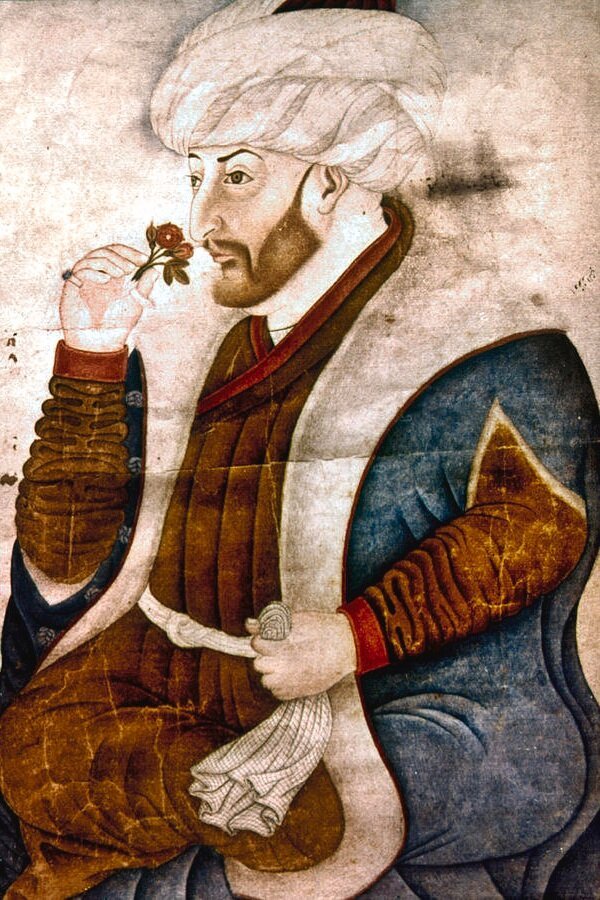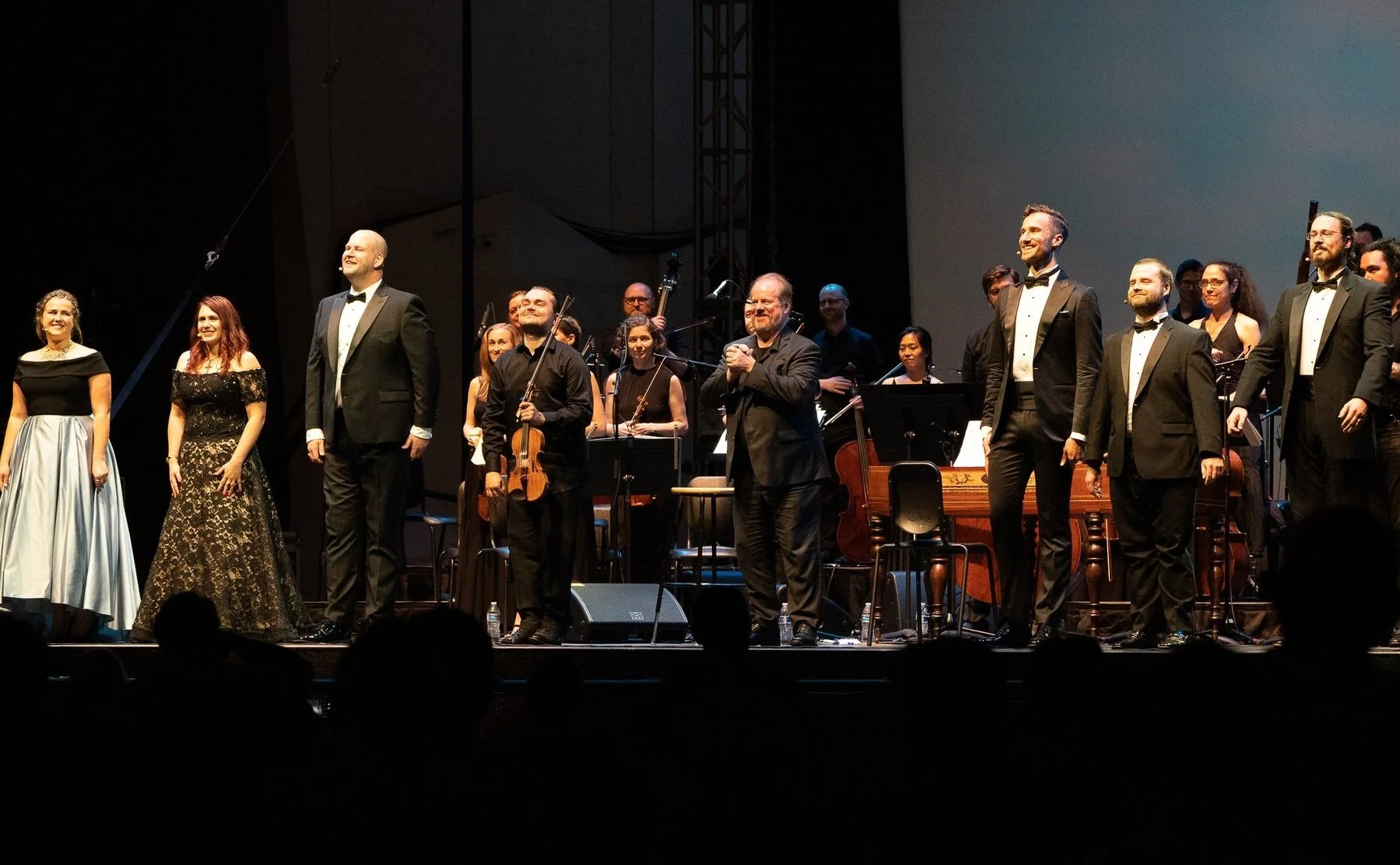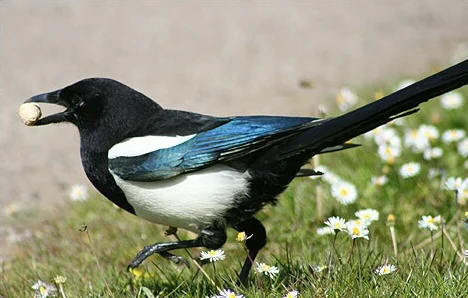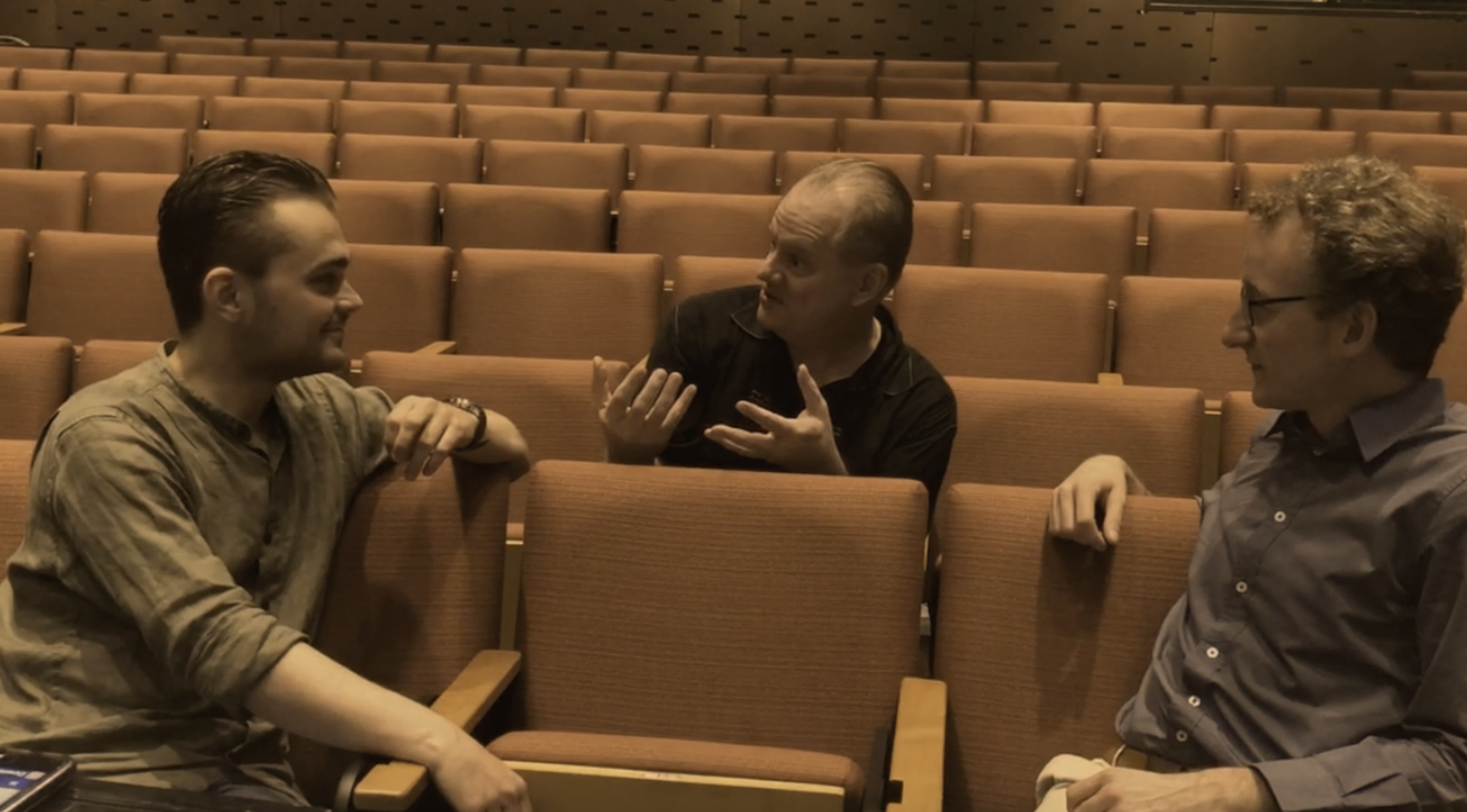Overview
Mattia Venni and Teatro Nuovo Chorus at Alexander Kasser Theater, Montclair State University (photo © Steven Pisano)
Our summer training program supports the overall mission of Teatro Nuovo: cutting-edge interpretation of classic Italian repertory. We see a need for a program that does not try to focus on the “everything” of opera, but instead works with the greatest possible depth and intensity on a very narrow group of topics, all directly related to the performance of the score.
Vocal performance
“Bel Canto” is an open-ended term used for at least 200 years to describe the Italian vocal tradition. It is particularly associated with the early 19th-century works of Rossini, Donizetti, and Bellini; more broadly, it describes the whole system of developing the human voice in its physical and musical capacities.
Ornamented page from Donizetti’s Dom Sebastien in a
19th-century Italian score
Most schools and Young Artist programs work on the assumption that the student’s vocal training is taken care of by an individual teacher, while the rest of the institution and faculty concern themselves with “everything else” (diction, repertory, acting, dance, stage combat, etc.). Our perspective is that this model, often resting on a single vocal lesson per week, is no longer getting the job done, and that there is need for a program in which all faculty pull together in the same direction, with the singer’s vocal development and skill as their central focus. We put strong emphasis on the classic building blocks (legato, precision of attack, messa di voce, registration, agility) that are universally honored in name, but no longer widely insisted upon in practice or proposed at a rigorous level in training. Experience has confirmed that undistracted concentration on the music, style, vocal techniques, and language of Bel Canto opera can yield results that are impossible when those things are folded in with a long list of other topics. Click here to read more about our vocal curriculum.
Orchestral performance
A cornerstone of Teatro Nuovo’s new initiative is to give orchestral players an ownership stake in the artistic process of preparing an opera and an organic connection to the art of singing.
Jakob Lehmann leads Teatro Nuovo’s period-instrument orchestra in Maometto Secondo at Rose Theater, Jazz at Lincoln Center (photo © Steven Pisano)
The human voice has always been held up as the ideal to which instrumentalists should aspire, and meanwhile in the modern world, opera houses make up nearly half the classical-music employment opportunities for instrumentalists. But in the usual rehearsal process, the orchestra joins at a late stage, has little or no direct interaction with the singers, may not even know the story of the opera, and is rushed through a brief sequence of rehearsals that can easily fall short of musical satisfaction for the participants. Practicality and economic pressure have led to this routine, and there is a need for a festival program on a different model.
Our proposition is to integrate the orchestra fully into the dramatic and musical preparation of each opera, and to train players in the particular skills of operatic work so as to make it the labor of love that it can ideally be. This will be attempted by:
engaging all players with the way singing and vocal styles relate to instrumental music, to their particular instruments, and to their own concerto and solo repertory
performing concerts of instrumental music reflecting those connections, and chamber music bringing singers and instrumentalists together
integrating orchestra and singers from early in the rehearsal process (contrary to the usual practice of adding the instrumentalists only in the final stage.
exposing all players to the full content of the operas to be performed
adopting, in appropriate repertory, the historical model of orchestral leadership by concertmaster and/or keyboard player.
The goal is to make the orchestra a participating and listening ensemble, rather than an instrument to be played upon by a conductor.
Italian language
The style and phrasing of Italy’s music are inseparable from its language, and moreover opera is not simply drama set to music but poetry set to music. Teatro Nuovo takes the position that it is insufficient, even harmful, to teach the pronunciation of Italian separately from its grammar, vocabulary, and poetry. Of course, no one learns to speak a language in a single summer program. Our proposal, with at least four Italian-speaking faculty members to carry it out each year, is to meet every student on his or her existing level of expertise, work to advance that level, equip everyone with a game-plan for continuing progress – and offer already-fluent speakers of Italian further explorations of its history and poetic structures.
Philip Gossett, Will Crutchfield and Andrew Porter in a panel discussion at Caramoor (photo © Gabe Palacio)
Keyboard work and scholarship
Keyboard players have two roles in the Italian opera world: as part of the orchestra (playing continuo and perhaps leading performances while doing so), and as stand-ins for the orchestra in parts of the rehearsal process. As Teatro Nuovo expands, we plan to reserve two slots each summer for pianists training to fill those roles, integrating them into both the vocal and the instrumental programs, and presenting them as performers in vocal recitals and/or chamber music concerts.
The worldwide Bel Canto revival, meanwhile, has gotten a major boost from the scholarly community – and has had a major impact on that community in turn. Teatro Nuovo plans to contribute by helping to train editors with a thorough grounding in the world of performance. Members of our music staff have participated in the preparation of editions of vocal chamber music, reconstructions of lost or incomplete orchestral scores, and one complete opera (Carolina Uccelli’s Anna di Resburgo). Our future plans call for inviting one young scholar annually for a two-year apprenticeship, to study our whole curriculum in the first summer, work with our faculty and visiting scholars, define an editing job that needs doing, and see the edition through rehearsal and performance in the following summer.
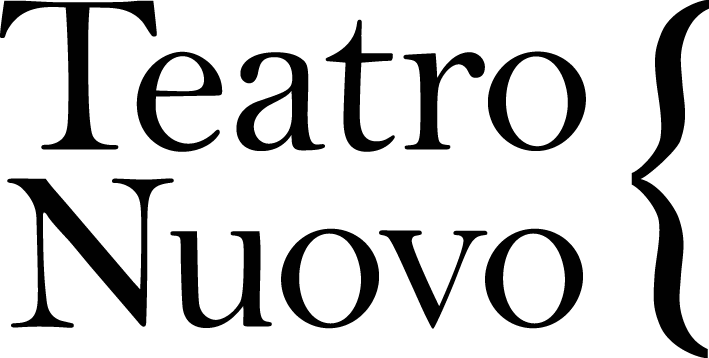













![Image 2 - Henry T. [Harry] Burleigh - Detroit Public Library.jpeg](https://images.squarespace-cdn.com/content/v1/596bb4e703596e837b624445/1591713684327-N7HW488JSZ7EN8T5AJSR/Image+2+-+Henry+T.+%5BHarry%5D+Burleigh+-+Detroit+Public+Library.jpeg)







